Events
-
-
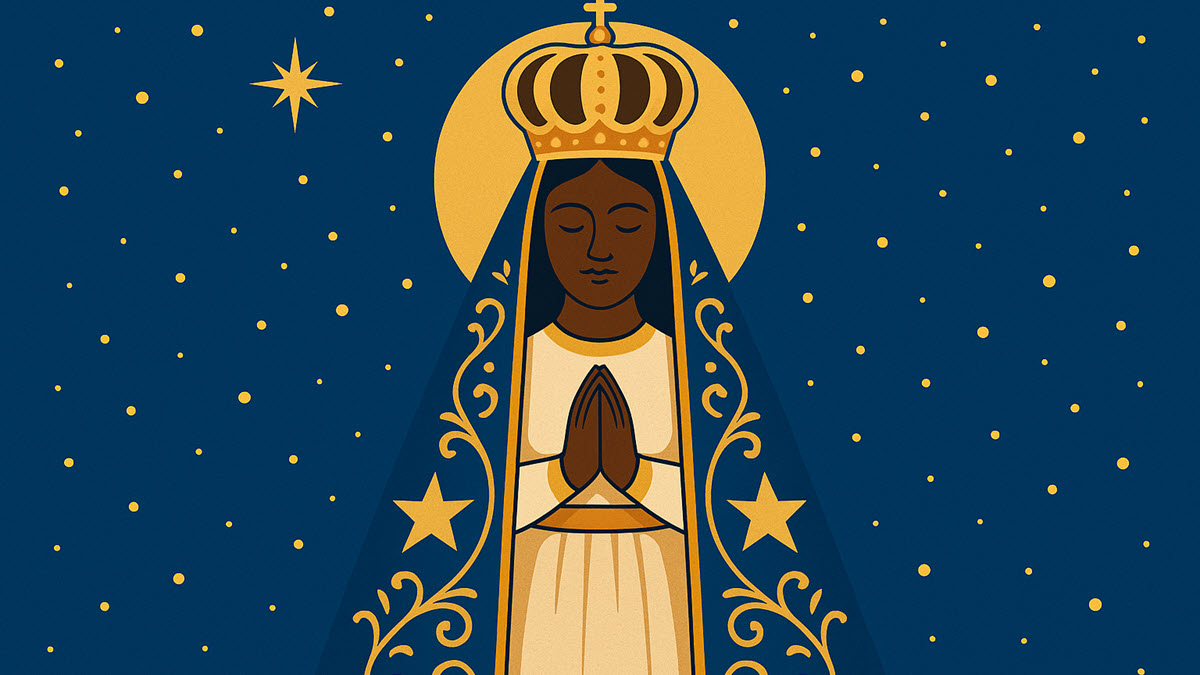
Lady of Aparecida Day (Brazil)
Our Lady of Aparecida Day honors Nossa Senhora Aparecida, the patron saint of Brazil. The day commemorates the 1717 discovery of a small clay statue of the Virgin Mary by fishermen in the Paraíba River, which became a symbol of hope and faith. Over centuries, devotion to Our Lady of Aparecida grew into one of Brazil’s most cherished traditions. Millions of pilgrims visit the Basilica of the National Shrine of Aparecida, one of the largest churches in the world, to pay tribute.
-
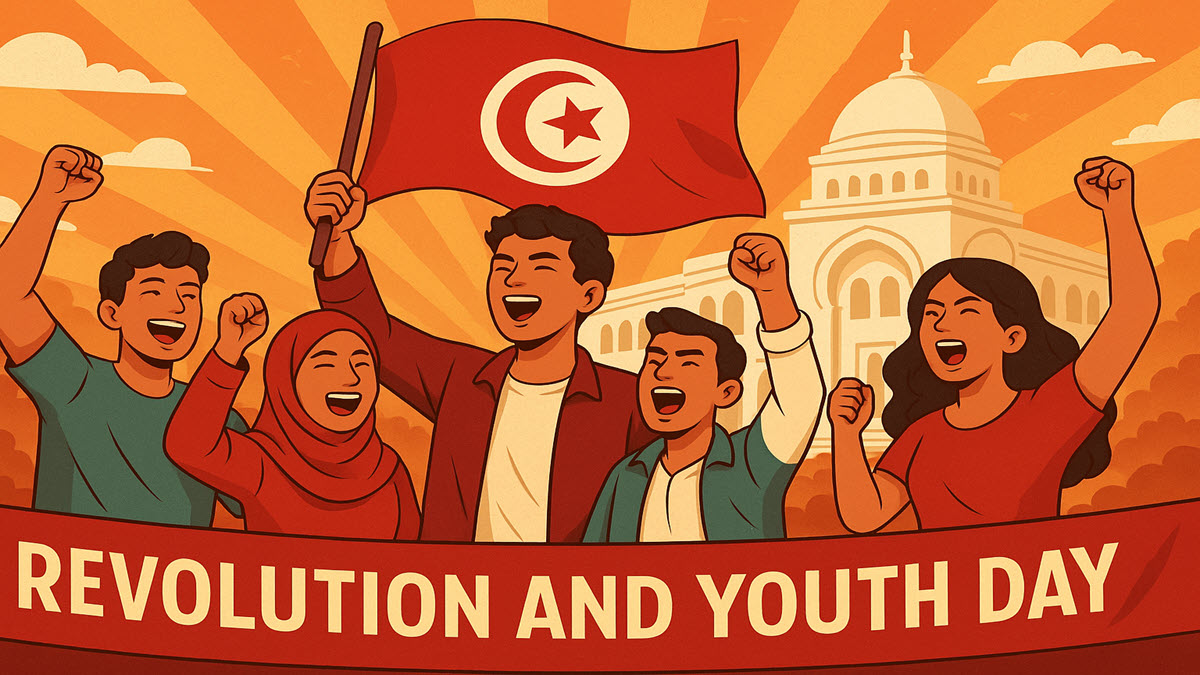
Revolution and Youth Day
Revolution and Youth Day is a cherished national holiday in Tunisia. It commemorates the beginning of the Tunisian Revolution, also known as the Jasmine Revolution, which sparked the Arab Spring and led to the ousting of longtime President Zine El Abidine Ben Ali.
-
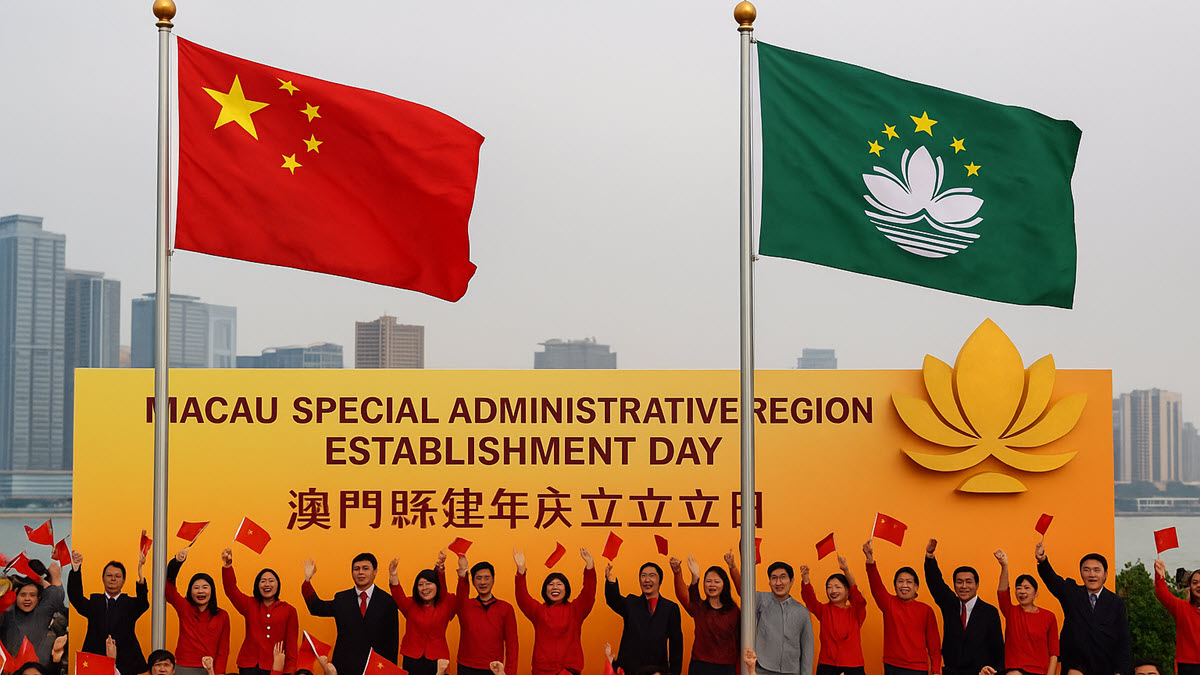
Macau Special Administrative Region Establishment Day
Macau Special Administrative Region (SAR) Establishment Day marks the return of Macau to China from Portuguese administration in 1999 and the founding of the Macau SAR under the "One Country, Two Systems" framework. The day is commemorated with official ceremonies, fireworks, cultural performances and flag-raising events, celebrating Macau's unique blend of Chinese and Portuguese heritage and its continued prosperity under Chinese sovereignty.
-
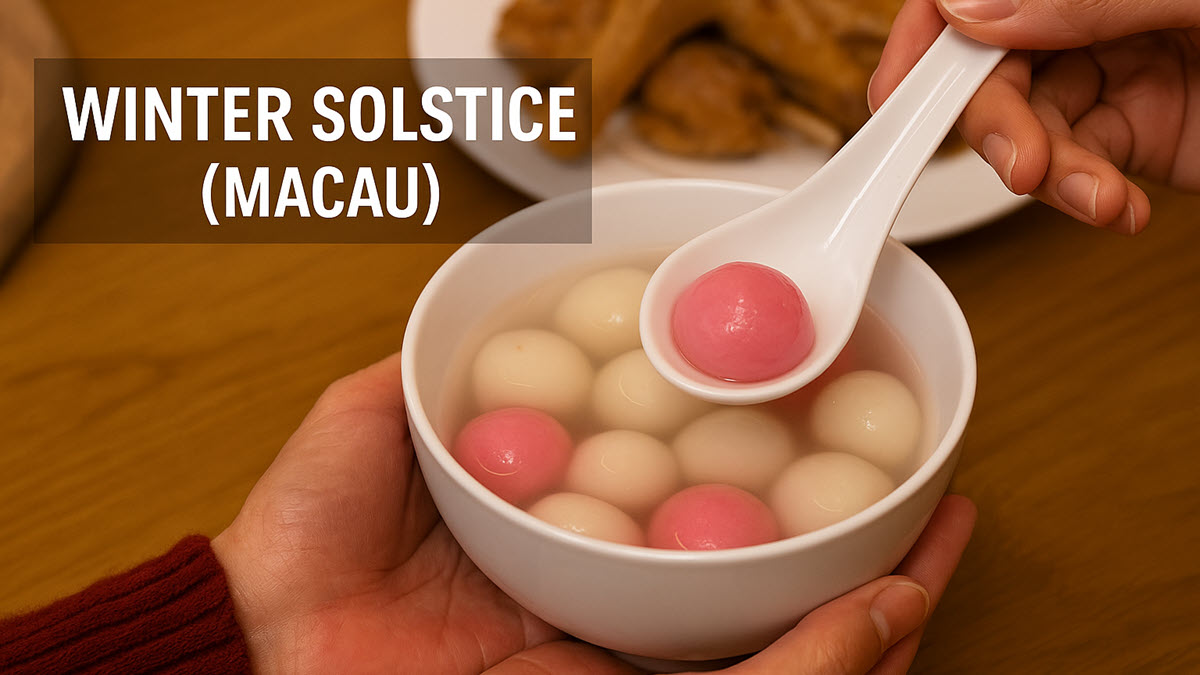
Winter Solstice (Macau)
The Winter Solstice, known as Dongzhi Festival, marks the shortest day and longest night of the year. Rooted in ancient Chinese tradition, it symbolizes balance, renewal, and family unity. Families gather for special meals, often featuring tangyuan (sweet glutinous rice balls) that represent harmony and reunion. In Macau, it is a time for both ancestral remembrance and joyful gatherings, reflecting the city’s blend of tradition and togetherness.
-

National Unity Day
National Unity Day in Zimbabwe commemorates the signing of the Unity Accord in 1987, a pivotal agreement that brought an end to political violence and division between the country’s two major liberation parties: ZANU (Zimbabwe African National Union) and ZAPU (Zimbabwe African People's Union).
-
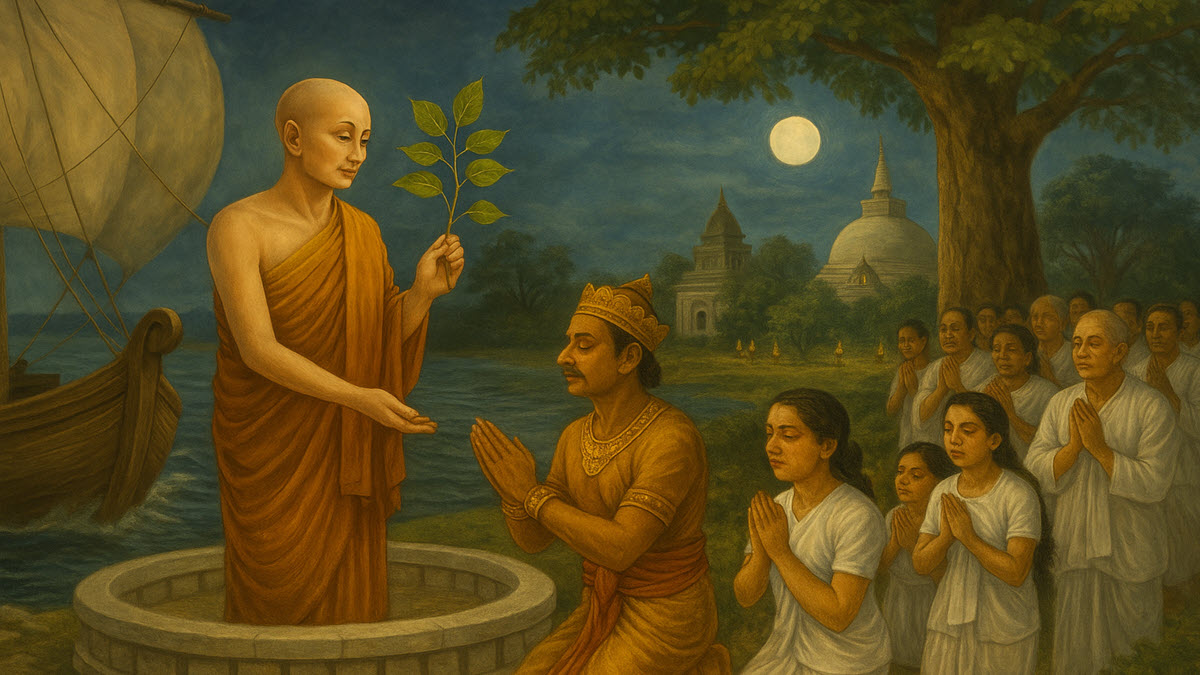
Unduvap Full Moon Poya Day
Unduvap Full Moon Poya commemorates the arrival of Arahat Sanghamitta Theri in Sri Lanka with the sacred Bodhi tree sapling from Bodh Gaya and the establishment of the Bhikkhuni Sangha. The Sri Maha Bodhi, planted in Anuradhapura in 288 BCE, still stands today as the world’s oldest recorded tree, symbolizing Sri Lanka’s enduring Buddhist heritage and the recognition of women in the monastic community.
-

Christmas Eve
Christmas Eve is the evening or entire day preceding Christmas Day, which commemorates the birth of Jesus Christ. It is a public holiday in some countries, and it holds significant religious and cultural importance for Christians and is widely observed around the world.
-

Christmas Day
Christmas Day is one of the most widely observed and culturally significant holidays around the world. It traditionally commemorates the birth of Jesus Christ, although it has also become a widely celebrated cultural holiday, often observed even by non-Christians.
-

Boxing Day
Boxing Day is a holiday celebrated after Christmas Day, and it is a well-known holiday primarily celebrated in the United Kingdom and other countries that were part of the British Empire, as well as in some European nations.
-
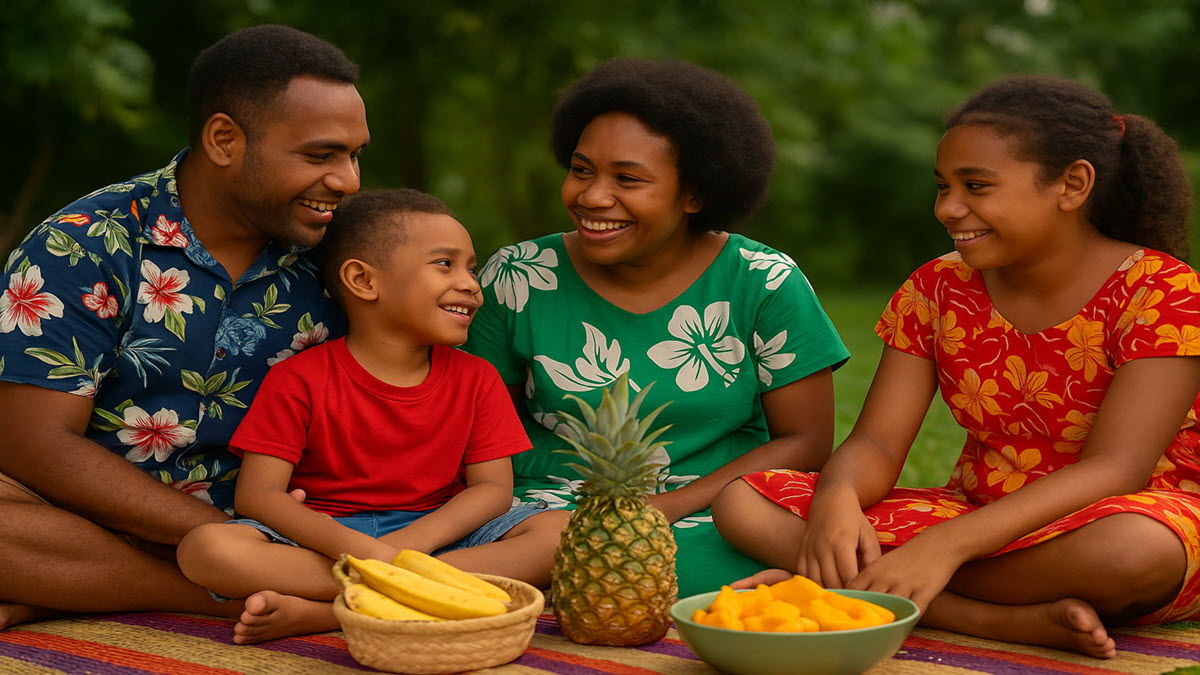
Family Day (Vanuatu)
Family Day in Vanuatu is a public holiday that emphasizes the importance of family unity, rest, and togetherness, deeply rooted in Vanuatu’s cultural and communal values.
-
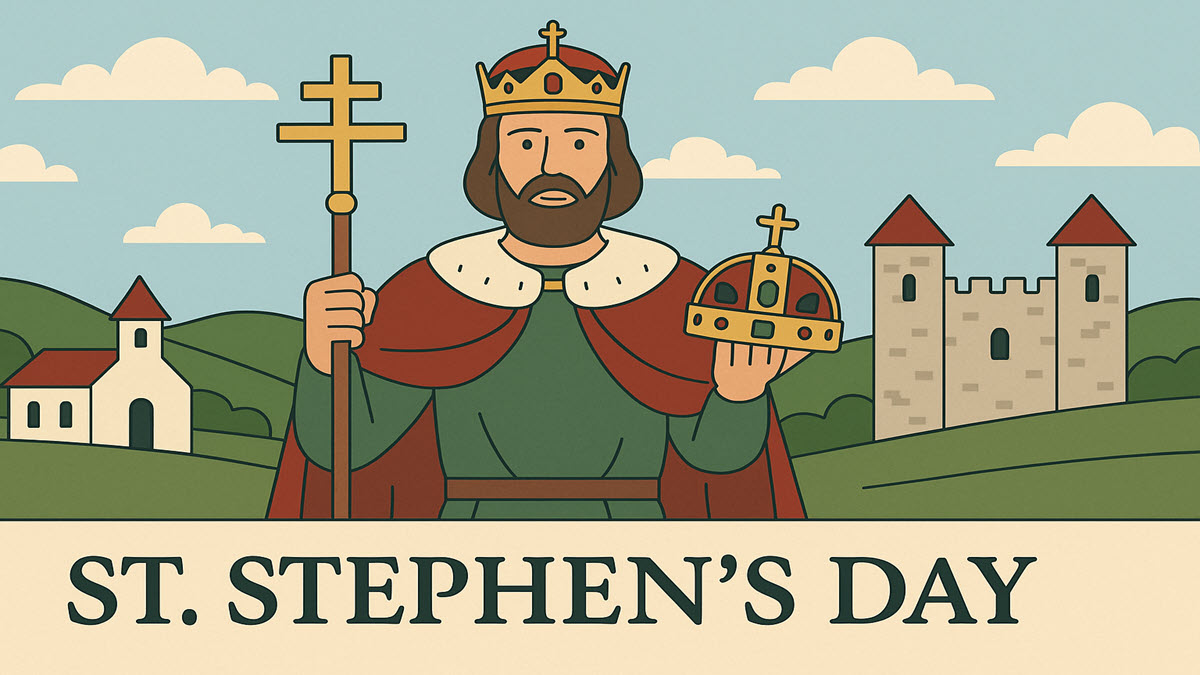
St. Stephen's Day
St. Stephen’s Day is a Christian feast day immediately following Christmas Day. It honors St. Stephen, recognized as the first Christian martyr (also called the Protomartyr).
-
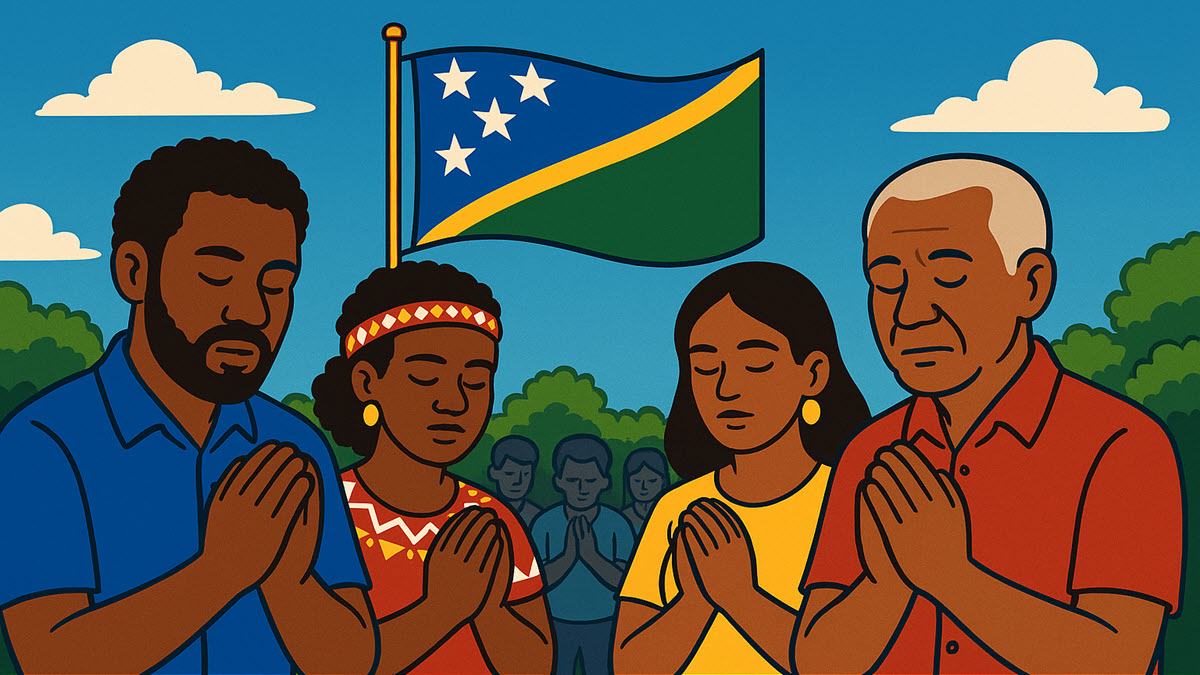
National Day of Thanksgiving
The National Day of Thanksgiving in the Solomon Islands was created in 2004 to commemorate the end of The Tensions (1998–2003), honor peace and reconciliation, and dedicate a day for gratitude, prayer, and national unity.